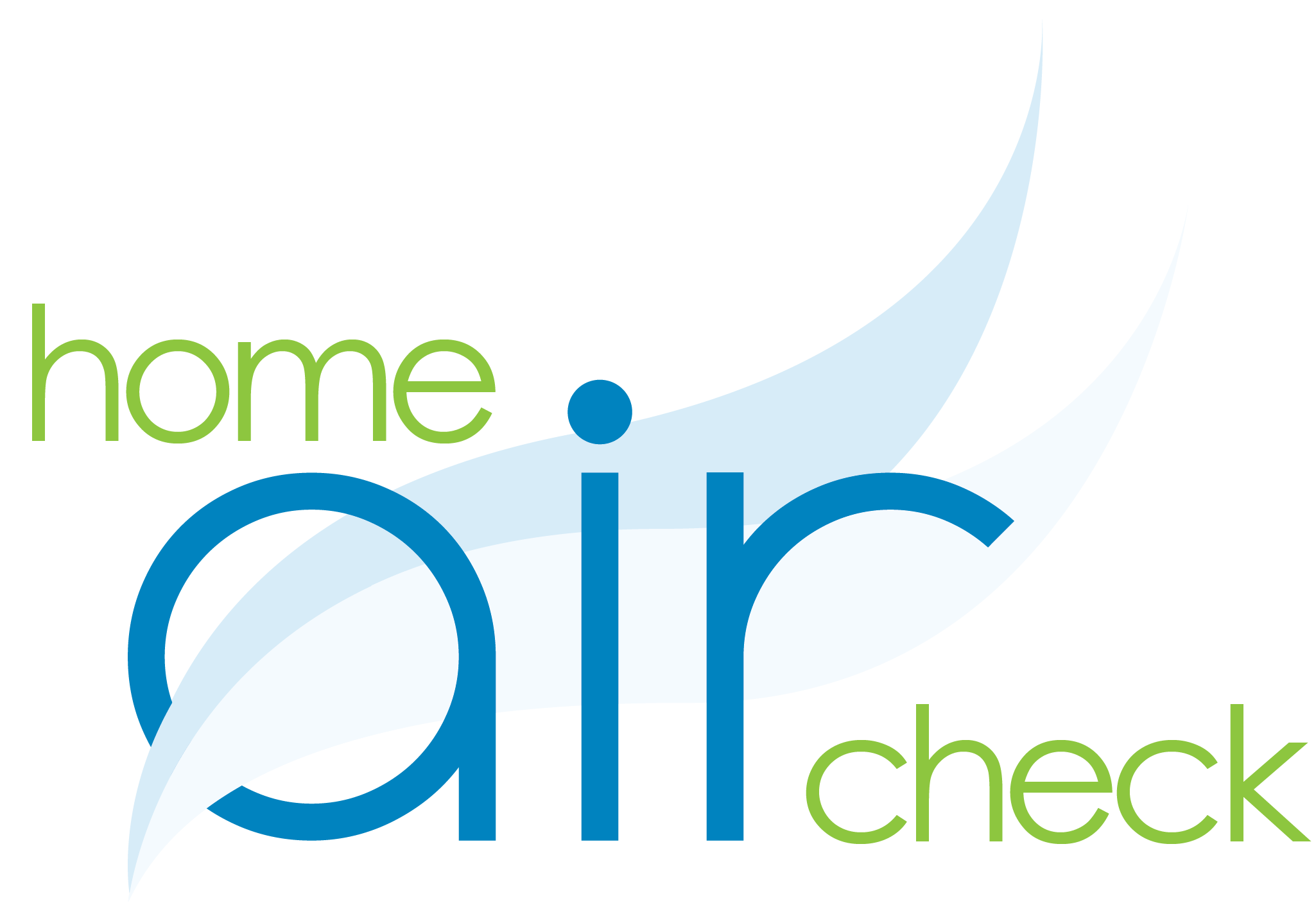Indoor air quality (IAQ) is an important aspect of our health and well-being especially given that we spend a substantial amount of time indoors. However, many and misconceptions surround the topic, leading to misunderstandings about what impacts IAQ and how to improve it. Let’s set the record straight on some of the most common misconceptions.
Myth 1: Indoor Air Is Always Cleaner Than Outdoor Air
Many people assume that the air inside their homes is cleaner than the air outside. However, indoor air is often more polluted than outdoor air due to various indoor sources of chemicals such as cooking, cleaning agents, building materials, and even furniture that can emit VOCs into the air. Without proper ventilation, these pollutants can accumulate, leading to poorer air quality indoors.
Myth 2: Air Fresheners Improve Air Quality
Air fresheners are marketed as products that make our homes smell better, but they don’t necessarily improve air quality. In fact, many air fresheners release volatile organic compounds (VOCs) that can be harmful to our health. Instead of masking odors with chemicals, it’s better to eliminate the source of the smell and ventilate your home properly.
Myth 3: Houseplants Significantly Purify Indoor Air
While houseplants can have some positive effects on indoor air quality by absorbing certain pollutants and releasing oxygen, their impact is often overstated. The amount of plants required to make a significant difference in air quality would be impractical for most homes. Effective ways to improve IAQ inside your home is to ventilate by allowing in fresh air and the use of air purifiers (preferably with both HEPA and activated carbon technology).
Myth 4: New Homes Have Better Air Quality
It’s a common belief that new homes have better air quality because they haven’t had time to accumulate dust, experience water damage, and develop odors. However, new homes typically have high levels of VOCs. As the structure was just completed, heavy off gassing occurs from all the new building materials, paint, carpets, and furniture. It’s essential to ventilate new homes adequately and regularly to reduce these initial high levels of pollutants.
Myth 5: Only People With Allergies Need to Worry About IAQ
Good indoor air quality is important for everyone, not just those with allergies or respiratory issues. Poor IAQ can affect overall health and well-being, leading to symptoms like headaches, fatigue, and respiratory problems. In many instances, otherwise healthy persons have become asthmatic or respiratory sensitive after being exposed to high concentrations of pollutants.
Myth 6: Ventilation Isn’t Necessary in Winter
In colder months, people tend to keep windows and doors closed to maintain warmth, but this can lead to poor air circulation and higher concentrations of indoor pollutants. It’s important to ensure proper ventilation even in winter, perhaps by using heat recovery ventilators (HRVs) or simply by opening windows for a short time regularly to allow fresh air in and to exhaust chemically dirty, stale air.
Curious about your indoor air quality? CLICK HERE


